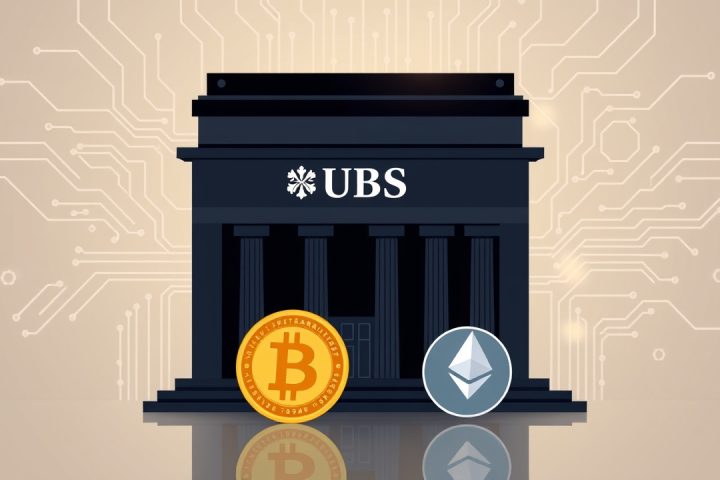Legal Clarity for DAOs
In a notable push for legal clarity surrounding Decentralized Autonomous Organizations (DAOs), the Uniswap Foundation, led by Devin Walsh, has taken a proactive step by reaching out to U.S. authorities. This week, Walsh disclosed that the Uniswap Foundation and over 20 additional organizations formally addressed a letter to Treasury Secretary Scott Bessent and the IRS, advocating for clear legal guidelines that enable DAOs to operate in a responsible manner within the United States.
This significant correspondence was minted as a non-fungible token (NFT) on the Zora platform, with nearly $5,000 in proceeds designated for the DeFi Education Fund.
Understanding DAOs
DAOs function through smart contracts—automated pieces of code triggered by specific conditions—allowing communities to collaboratively manage projects and resources without the conventional framework of corporations or nonprofits. Their governance is directed by token holders who participate in decision-making processes concerning funding distributions and community treasury management.
However, the absence of a formal legal identity for DAOs poses risks, as individual members could face personal liability for contract obligations, tax payments, and asset holdings.
Introducing DUNA
To mitigate these challenges, the Uniswap Foundation has introduced the Decentralized Unincorporated Nonprofit Association (DUNA), a legal structure enacted in Wyoming in 2024. The DUNA seeks to grant DAOs a recognized legal status, facilitating their ability to manage funds, enter contracts, and comply with tax regulations, all while safeguarding individual token owners from potential lawsuits.
Senator Cynthia Lummis has expressed her support for this initiative, emphasizing the need to establish a legal framework that fosters innovation in American technology sectors.
Trends in Decentralized Finance
Furthermore, the recent success experienced by the Uniswap Protocol underscores the rising trend in decentralized finance (DeFi). Last month, the Ethereum Layer 2 networks saw a staggering $50 billion in trading volume through the Uniswap Protocol, marking a historic peak.
This trend illustrates a growing user preference for Layer 2 solutions that offer faster and more cost-effective transactions, highlighting the increasing adoption of scaling technologies within the Ethereum network. As other DAOs observe the progress of the DUNA initiative, many are considering similar legal frameworks in a landscape where global competition for blockchain organizations is intensifying.




